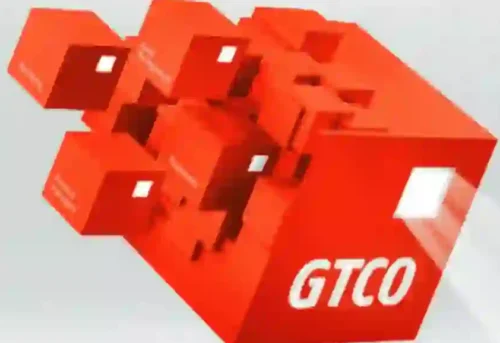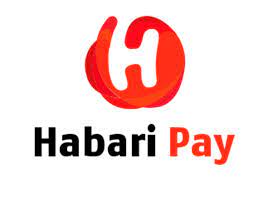
When fintech disruptors like Paystack and Flutterwave emerged between 2016 and 2019, Nigeria’s traditional banks were forced to evolve or risk losing market relevance.
GTCO, one of the country’s most profitable banks with a market capitalization of ₦2.07 trillion ($1.76 billion), was among the first to respond by launching Habari in 2018.
Designed as a super-app integrating digital banking with lifestyle services—such as music streaming, e-commerce, and social networking—Habari struggled to gain interest due to its lack of a distinct market advantage.
Recognizing the need for a more focused fintech strategy, GTCO rebranded and repositioned its digital venture as HabariPay Limited in 2022. This shift marked a new chapter in the bank’s fintech expansion, positioning HabariPay as a direct competitor to established players like Paystack, Flutterwave, Moniepoint, and OPay.
Despite operating in a highly competitive space, HabariPay contributed ₦4.926 billion ($3.2 million) in profits to GTCO between 2022 and the first half of 2024. However, its impact on the bank’s overall financial performance remains relatively modest. In the first half of 2024, the subsidiary’s profit after tax stood at ₦1.7 billion ($1.1 million), representing just 0.17% of GTCO’s total profit before tax.
CEO Eduofon Japhet acknowledges the progress made by HabariPay but emphasizes the need for further expansion to solidify its role within GTCO’s portfolio. To drive growth, the company has secured multiple payments and switching licenses, enabling it to expand its POS terminal services for merchants and enhance the efficiency of mobile transfers.
Unlike competitors that rely heavily on agency banking and widespread POS terminal distribution, HabariPay has taken a more strategic approach. Instead of flooding the market with additional POS machines, the company has focused on developing infrastructure that supports micro-payments and affordable financial solutions for rural populations.

One of HabariPay’s innovations includes an NFC-based Point-of-Sale (POS) solution, allowing users to transform their smartphones into payment terminals. Additionally, the company has launched its own payment switch, designed to process low-ticket transactions at cost-effective rates. By building these financial “rails,” HabariPay is not only serving its own business interests but also contributing to the broader fintech ecosystem.
HabariPay recognizes that financial inclusion cannot be achieved without addressing economic inclusion. Many individuals remain unbanked, not due to a lack of willingness to adopt digital payments, but because they lack the financial capacity to engage with traditional banking services.
To tackle this issue, HabariPay has obtained key regulatory approvals, including a switching and processing license from the Central Bank of Nigeria (CBN) as well as a Value-Added Service (VAS) license from the Nigerian Communications Commission (NCC)
These licenses empower the company to build its own payment infrastructure while integrating with multiple banks and fintech firms. Currently, 12 to 13 banks are connected to HabariPay’s platform, along with other major fintech companies, creating a foundation for broader market penetration.
HabariPay is focused on enhancing digital payment experiences, particularly transfer-based transactions. The goal is to make transfers as seamless and reliable as card payments—offering features such as instant confirmation, chargeback options, and refunds. This shift could reduce reliance on physical POS terminals while improving access to digital payment solutions across Nigeria.
With its umbrella license from the Central Bank of Nigeria, HabariPay has the flexibility to explore multiple fintech verticals, including Payment Terminal Service Provider (PTSP) operations (i.e. expanding its POS business), Payment Solution Service Provider (PSSP) offerings and Super-Agent services for last-mile financial transactions
As Nigeria’s fintech landscape continues to evolve, HabariPay’s ability to carve out a sustainable niche will determine its long-term success in the highly competitive digital payments sector.



